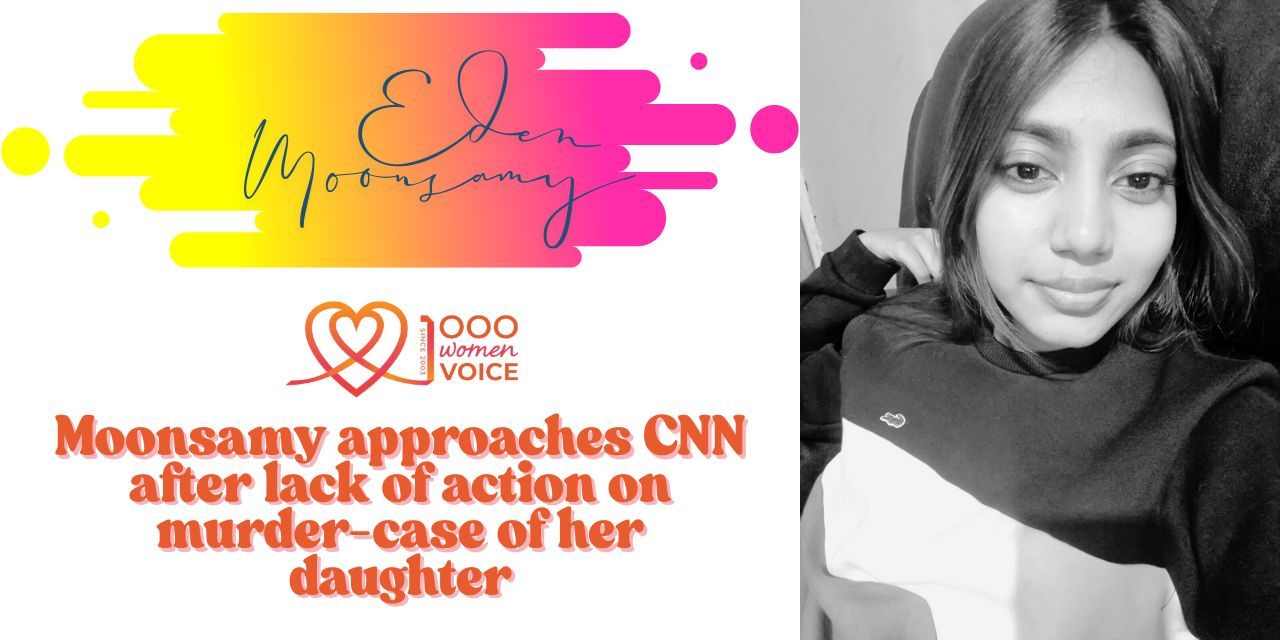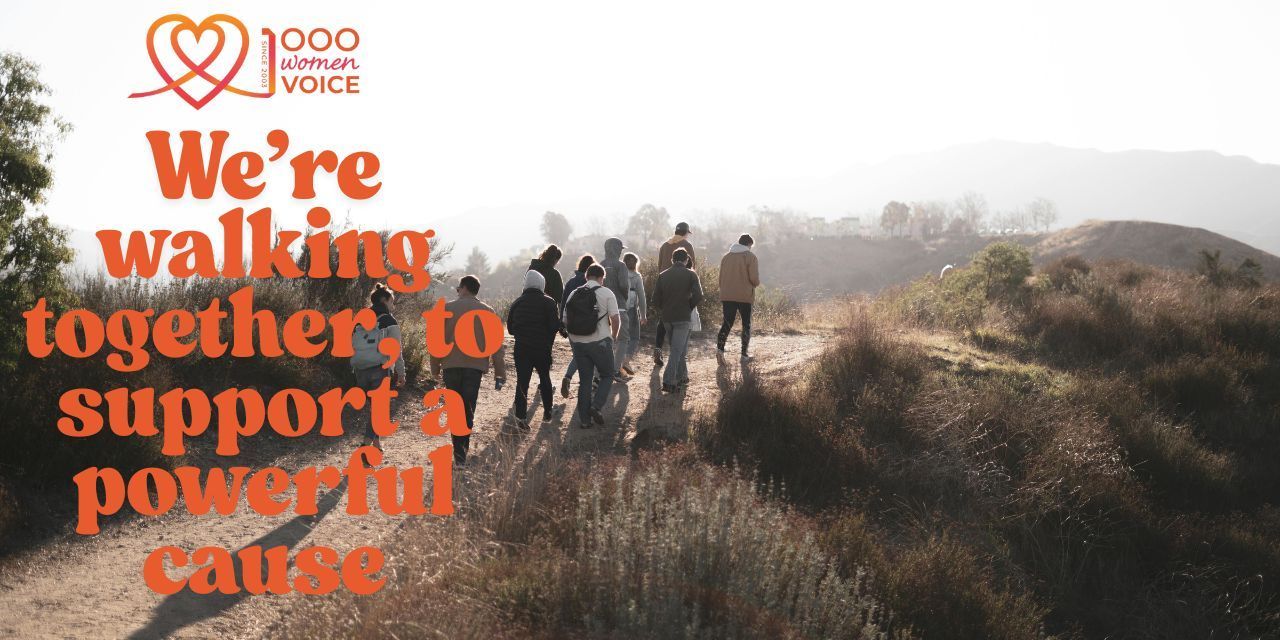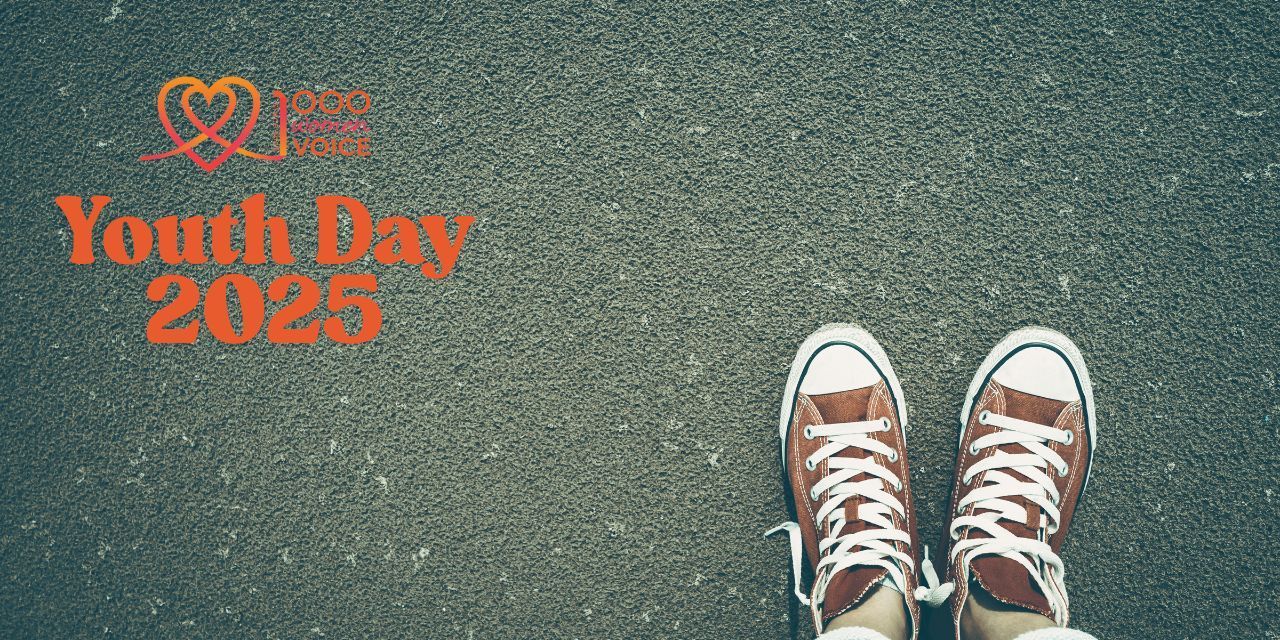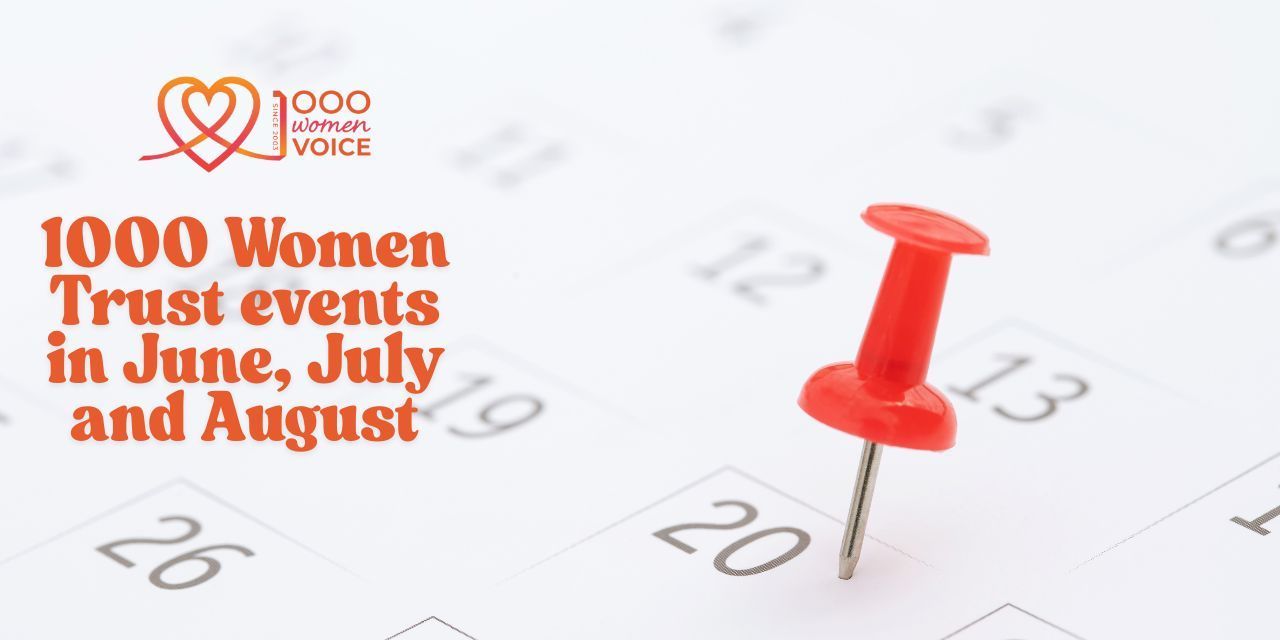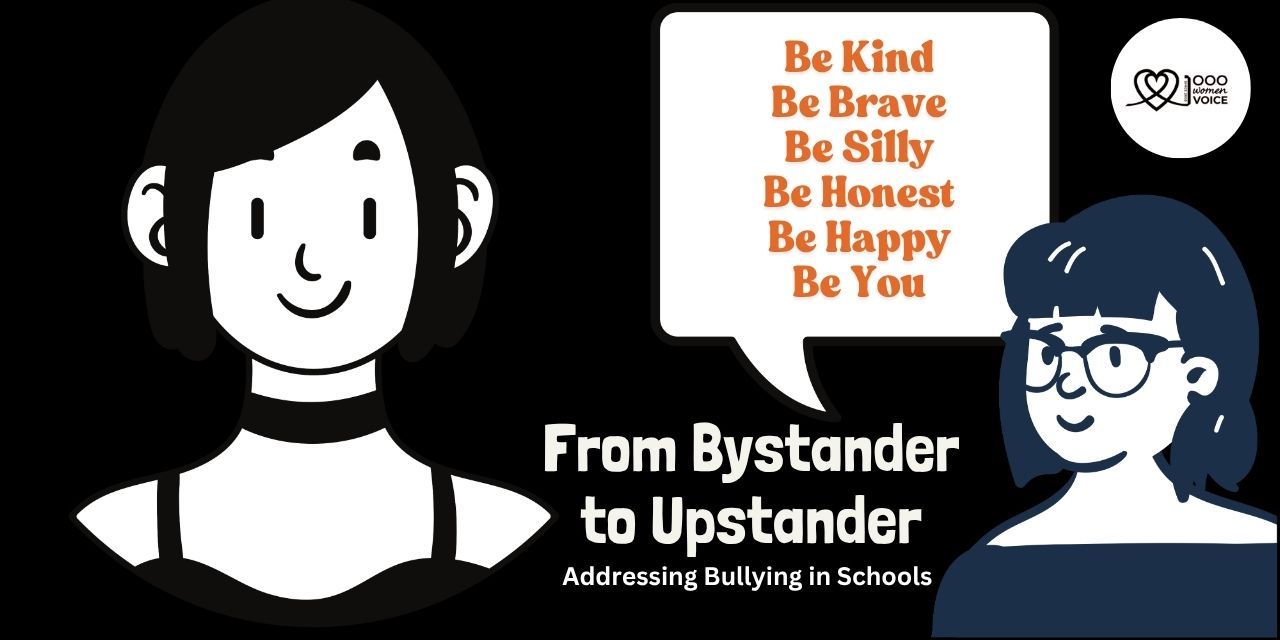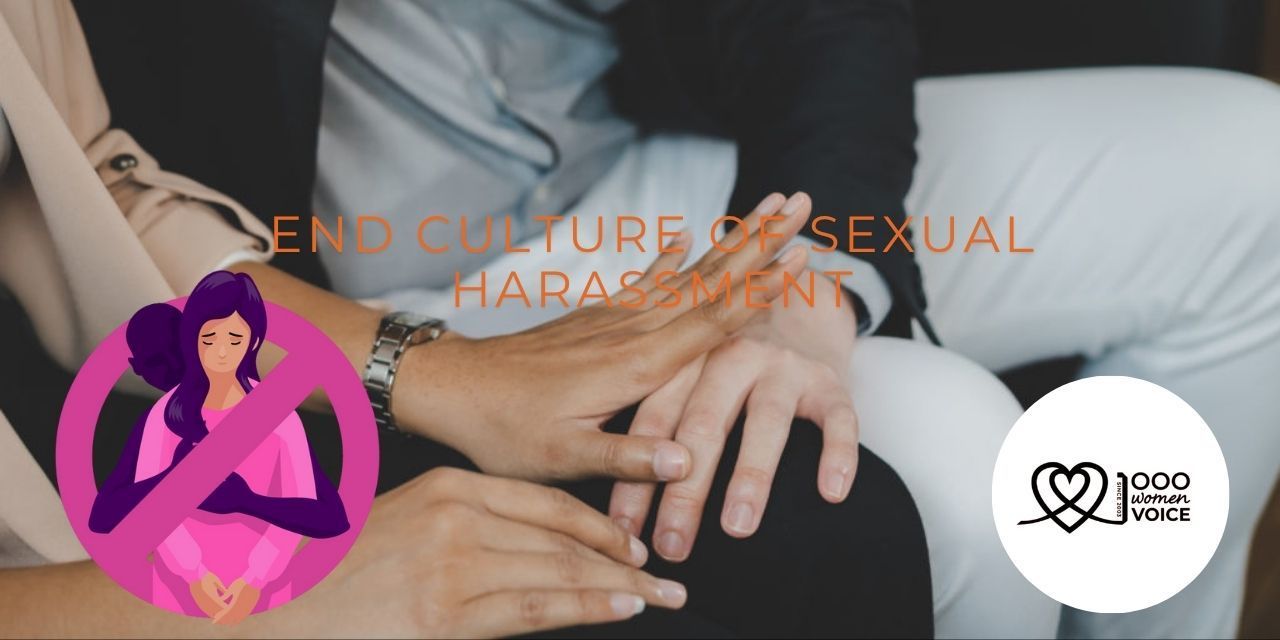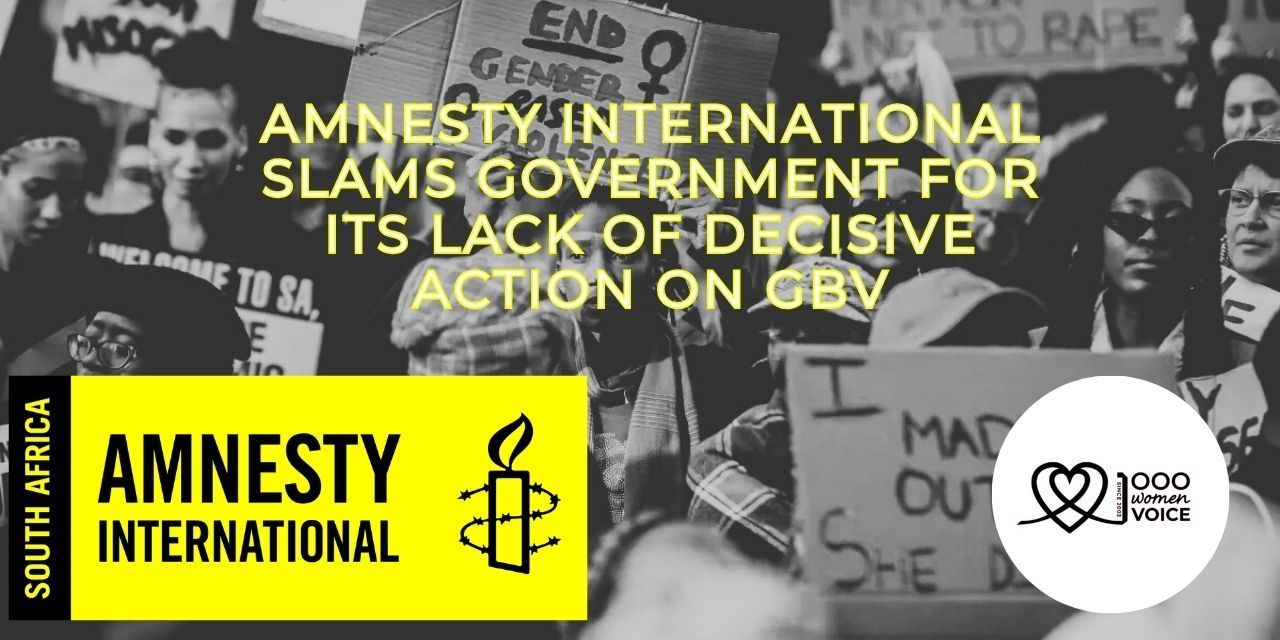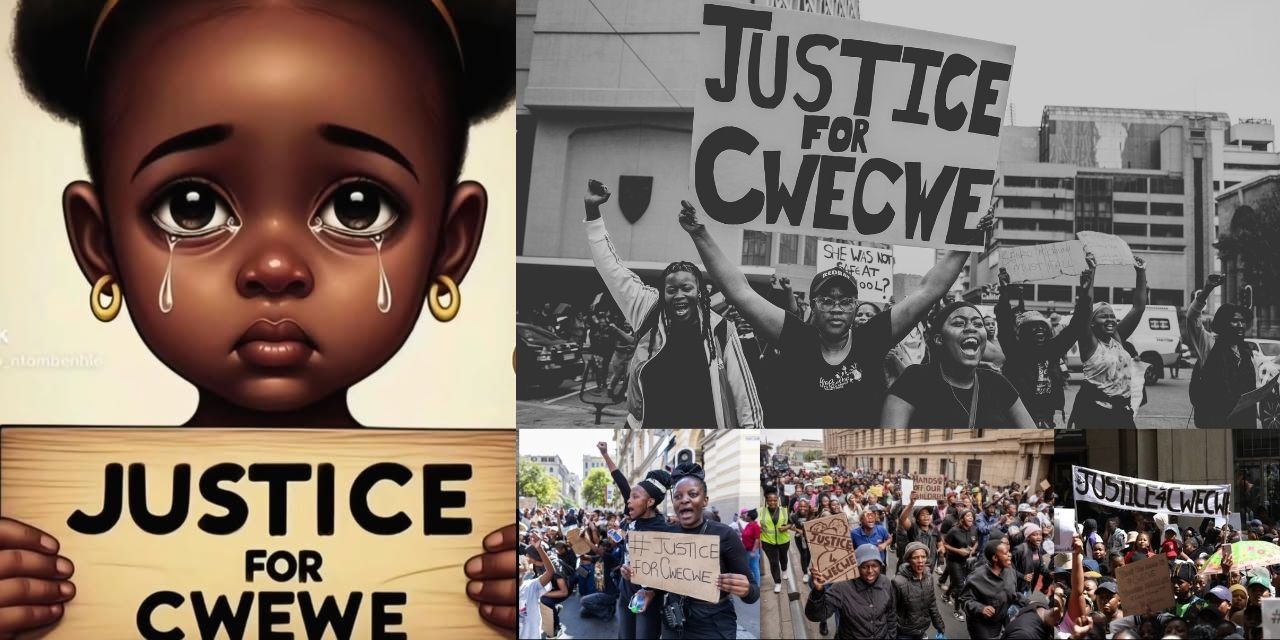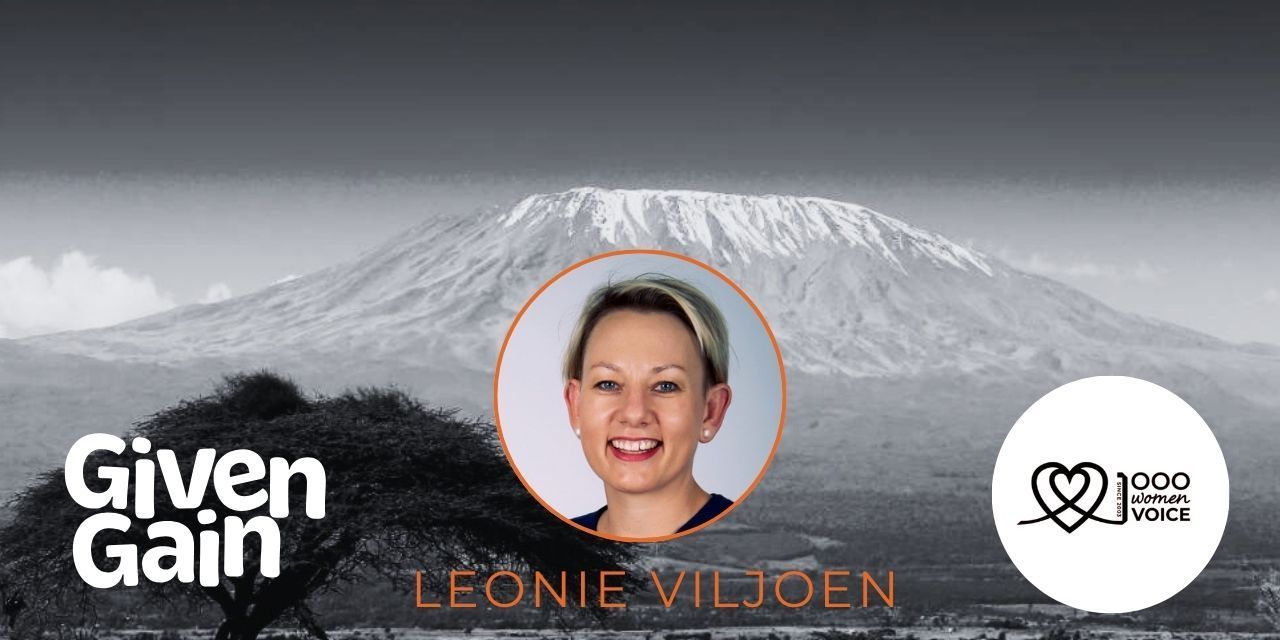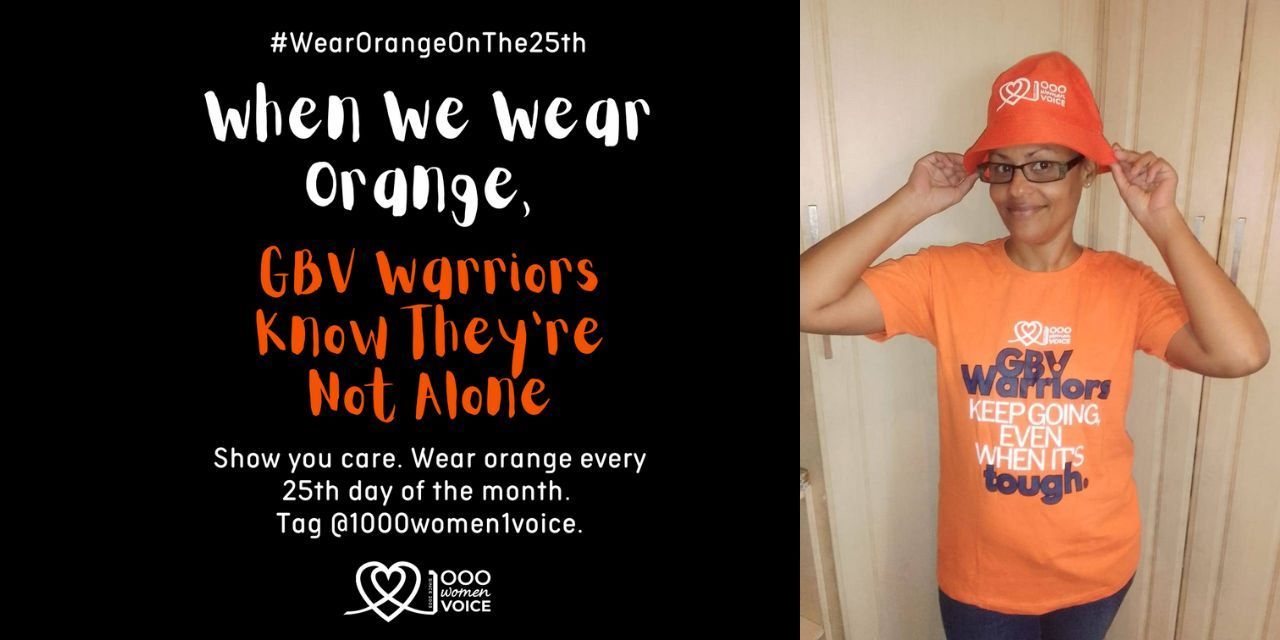Presidential summit in November might mean little if women’s rights are constantly ignored and trampled upon
The announcement by the President, Cyril Ramaphosa, that a second Presidential Summit on gender-based violence and femicide would take place in November and would be a detailed assessment of the implementation of the national strategic plan and chart the way forward, has not been met by any enthusiasm at all, especially by the media.
The opposite is true. On 9 th August, women’s day, The Daily Maverick launched a scathing attack on government and on its inability to protect women in South Africa.
It said: “In some ways, the less said officially about Women’s Day 2022 the better because it is bound to involve some degree of hypocrisy, including from the media.
“In a country that consistently puts women first – first in poverty, first in violence, first in unemployment, first in vulnerability to disease and climate change, first in hunger, first in thirst – there really are no words that are adequate.”
The government has declared the theme of Women’s Day 2022 to be “Women’s Socio-economic rights and empowerment: building back better for women’s improved resilience”. They say the concept of generation equality is a global campaign that links South Africa to global efforts to achieve gender equality by 2030.”
The Daily Maverick says, however, that women’s inequality in South Africa is getting steadily worse. In the President’s weekly letter he said: “We are on an upward trend towards the achievement of gender equality.
The facts tell a different story:
There are more than 6.2 million unemployed women, including those discouraged from finding jobs. The overwhelming majority of these women are black African. In quarter 1 of 2022, 47.9 % of young women aged 15 to 34 were not in any form of employment, education and training, compared to 42.1 % of their male counterparts.
Early in 2022, the World Bank Inequality report indicated that South Africa had a 37 % gender pay parity, way above the global estimate average of 20 %.
According to Oxfam, the median monthly income for black women is estimated at R2500, compared to R3.250 for black men, R10 000 for white women and R13100 for white men.
In all, 37 % of SA households are headed by women, and 48 % of female-headed households support extended family members. In these households headed by black women, R58000 is an average annual expenditure, while white women-headed households spend four times higher annually, at R258000.
The latest crime statistics by the South African police service show that between January and March 2022, 10818 women were raped, which amounts to 121 rapes per day, and is an increase of 13.7 % in sexual assault compared to the same period last year.
So, the Daily Maverick adds, it is worth reminding ourselves what the socio-economic rights that the government promises to build back better will actually achieve. The constitution injunction to government is that in all policy, law and actions of governance it should be acting to progressively realise these rights, or in the case of girls, it should be doing everything possible to fulfil these rights immediately.
In 2018, when the first presidential summit was held, the rate of rape in South Africa was the worst globally. It still is. The rate of femicide was the worst worldwide. It still is.
There are multiple reasons for this trend. One is that the conviction rate for perpetrators of gender-based violence is less than double figures, around 8.6 %. Police officers consistently failed women who reported perpetrators of gender-based violence in 2018. It still does in 2022.
The government is loathe to implement national campaigns to challenge the hearts and minds, mind-sets and perceptions towards SA women.
1000 Women Trust in 2020 launched a national award-winning campaign called #MakeTime, to challenge men and women to invest time with their boys to share values like non-violence, gender equality, respect and consent towards girls and women with their kids.
Bottom line is: if government do not challenge the hearts and minds of men, drastically improve the quality of police support for women who are subjected to gender-based violence and if the economic empowerment of women lags behind that of men, there are little or no chance that a second presidential summit will produce anything of substance.
1000 Women Trust approached the gender-based violence response fund to build the capacity of 120 women’s organisations to provide support to women in nine provinces. But it was rejected because it is not part of their criteria. “We need support groups in all communities, says Thiart. But the funding is not available. We believe this should be the priority. We need you to amplify our voices.
To support communities the 1000 Women Trust has implemented various capacity building programs for men and women. Contact tina@1000women.co.za or info@1000women.co.za for more information.
